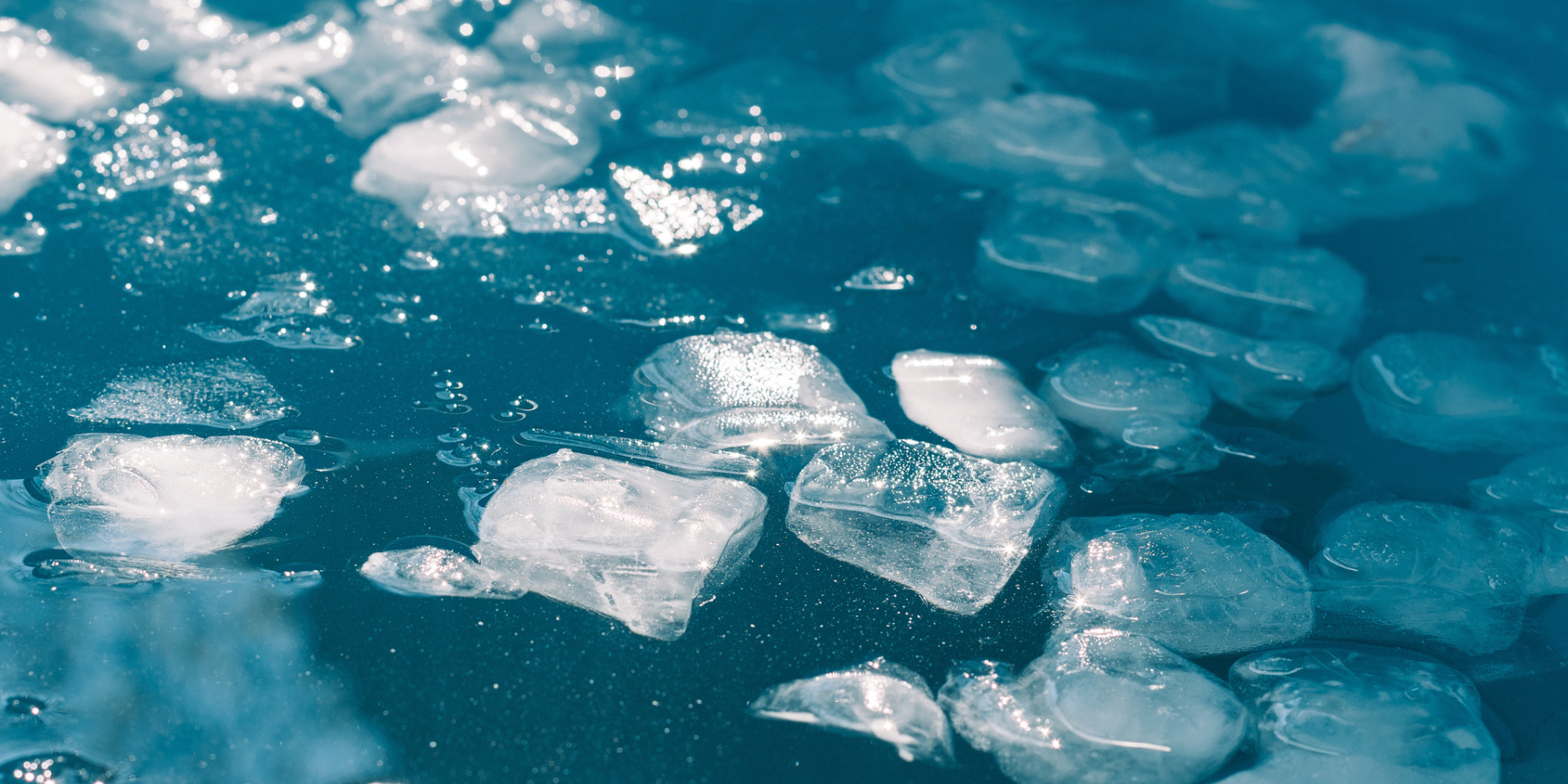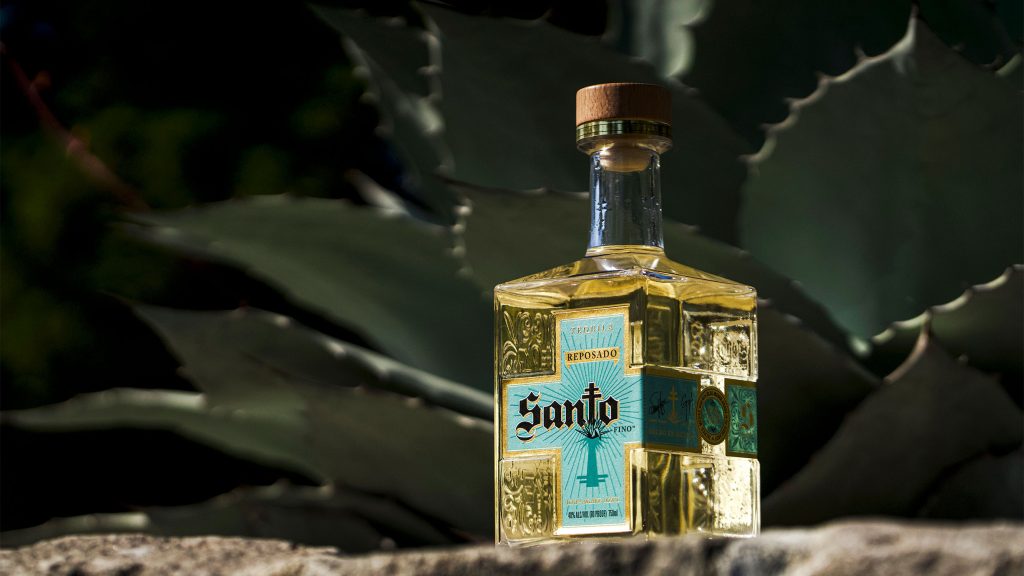Are Cold Plunges Worth the Pain? We Investigate
If there is one thing that men are good at, it’s pushing themselves.
Each day, you get up to psych yourself up to fight the dragons of the day no matter how good or bad you feel. The ache of old sporting injuries or the dull pain that digs deep in your muscles from the previous day’s workout won’t stop you. The stress of your professional deadlines, the lack of quality sleep, or the make-or-break sales call that lies squarely on your shoulders is all in a day’s work for you as you chase excellence.
RELATED: Benefits of Ice Baths
But here’s the thing — all those stresses mount up. Before you know it, you’re missing a step. You’re slipping without knowing why. Worse, you don’t want to admit it and try to hide the fact.
Soon, you’re forgetting critical details in your briefs to your boss. Your workouts lack the “pop” they used to have and are no longer fun. You’re gaining some weight around the middle and getting frustrated. Maybe you find yourself getting anxious, even angry, and don’t know why.
And even though you’re doing all the right things with exercise and diet, something’s still off. Worse, you can’t put your finger on it. Is it because you’re getting older? Are you losing “it”? Is it self-sabotage?
But, deep inside of you lies something primal. Something ancient. And it’s lying dormant and waiting to put your power-level back at full strength.
It just needs a trigger.
Fortunately, a centuries-old practice is that trigger.
Eustress, Not Distress
Look, the last two years have been tough. In fact, it’s been more than tough, it’s been insufferable.
The lockdown has caused a whole lot of issues that would take longer than this article to list. However, it’s important to point out that it has pushed us into cubicles, remote working, and inside of our homes.
We’ve become isolated and, as a result, weaker. Especially with our immune systems. As a result, a variety of physical, emotional, and mental stresses mount up and transform into distress. This distress is dangerous to you.
Headaches, high blood pressure, heart problems, diabetes, skin conditions, asthma, arthritis, depression, and anxiety are constant companions these days. They are all “kissing cousins” to the current day Kabuki theater that we are all playing a part in during the COVID era.
But these symptoms are not the cause. They are the effect.
Fortunately, the slow creep of debilitating distress can be scaled back and replaced by its better-looking sister, eustress.
Eustress is the introduction of positive stressors that challenge, but don’t negatively overwhelm, your body’s adaptive response. Positive stressors make you stronger, tougher, and more resilient. Like lifting weights in the gym, the right amount of intensity can force your body to become stronger. But, with too much intensity, too often, and you become weaker and sick.
So, how do you scale back the toxic effects of distress and become stronger?
What Doesn’t Kill You Makes You Stronger
Okay, Nietzsche was a bit intense, but he was on to something.
The idea of introducing a challenge to your physical health to make it stronger has been around for a long time. Cold therapy (CT), also called “cold thermogenesis,” is the practice of exposing parts of the body to cold temperatures to induce an adaptive response.
Adaptive responses like:
- Enhanced circulation which improves cardiac function for health and sports performance.
- Reducing inflammation which eliminates pain from old injuries and speeds the repair of micro-tears from lifting weights to make you stronger.
- Speeds up recovery so you train harder and more frequently.
- Ramps up your metabolism so you can burn away that extra fat around your middle you’ve been struggling to get rid of.
But one of the biggest benefits of cold therapy is that it helps men who suffer from insomnia and improve the quality of their sleep.
“Cold therapy has been used for insomnia since the 1950s,” explains Robert Pagano, certified sleep science coach and co-founder at Sleepline.com. “The temperature correction slows down body temperature changes during the night which can also help with achieving a more consistent circadian rhythm or internal clock function in body systems.”
Optimizing the Body
Exposing yourself to cold temperatures in controlled settings like ice baths, cold showers, walking outdoors in cold environments, or holding ice packs on parts of your body creates stressors. Positive stressors induce the release of natural pain killers and norepinephrine for energy.
If you’ve ever jumped in a lake or pool that was cold and found yourself breathing quickly then that has activated norepinephrine release in your body. This is your body’s natural response when exposed to cold which acts as a stressor on your body triggering its sympathetic nervous system. The sympathetic nervous system is your body’s “fight or flight” mechanism and norepinephrine is activated to tap into your body’s natural energy stores.
In extreme conditions of cold, you’ll start to shiver and breathe deeper and more rapidly. This is done as a result of the adaptive response to force your body to power up to prepare itself to survive.
A cascade of your body’s natural chemicals is released to reduce inflammation. Norepinephrine taps into fat stores for increased energy and spikes adrenaline for increased strength. This is done so that the body can make itself stronger and optimizes its functions for the circumstances at hand.
And, when after emerging from the cold, your body transitions from a sympathetic response to a parasympathetic response. The parasympathetic response curbs adrenaline and norepinephrine in your body and returns your breathing and heart rate back to normal and improves circulation.
Over time, this dynamic forces an adaptive response. Your body’s processes and immune systems become stronger due cold exposure. Cardiovascular circulation improves which creates a healthier heart and auto-immune system.
Better, using low-to-high doses of controlled eustress seems to activate the survival mechanism that slows aging and makes a stronger, tougher, and more resilient man.
Steps You Can Take Now
Cold therapy used to be solely in the domain of professional athletes for fast recovery and rehabbing injuries. But fortunately, it’s becoming more mainstream.
Start using daily cold showers or cold swims in a pool, lake, or sea where available. Immerse yourself for 2 to 5 minutes a day. For better results, create a makeshift ice bath with a tub. Then, immerse yourself in a combination of ice and water. Do that twice a week for 10 to 15 minute, but no more than that. The extreme temperature acts as a “shock” to the body (if you start breathing quickly, you’ll know you’re doing it right; that, and the rush of norepinephrine surging through your body like a shot of strong coffee) and forces it into an adaptive response.
As an extra tip, if you expose cold directly to your forehead in the morning, it helps eliminate “brain fog” and improves brain function for quick thinking, creativity, and decision-making.
With cold therapy, you’ll beat back distress, boost your immune system, and be more resilient.
You Might Also Dig:



